You can learn a lot about your origins by discussing them with your family members and browsing historical records. But pairing these activities with DNA testing can take your search to a new level, uncovering insights you never knew were possible.
MyHeritage and Ancestry are two well-known companies specializing in genealogical research. Their DNA testing services, MyHeritage DNA and AncestryDNA can help you uncover your ethnic composition, relatives, and the genetic background of select traits. Although similar, these platforms have their strengths and weaknesses, each bringing something unique to the table.
To help you make an informed decision, this comprehensive MyHeritage vs. Ancestry comparison examines all the key factors, such as the depth and quality of their reports, security measures, and user opinions.
MyHeritage vs. Ancestry: Exploring the basics
Both MyHeritage DNA and AncestryDNA offer consumer-grade DNA testing and use standard genotyping technology to analyze your DNA, so the results shouldn’t be used for diagnostic purposes. Besides DNA analysis, the platforms offer various genealogy tools, such as historical record searches.
Before we get into the specifics, here’s a brief rundown of their services:
MyHeritage: Ethnicity, genealogy, and health insights
Launched over 20 years ago, MyHeritage is a popular choice for investigating your roots. Its feature-rich genealogy platform and the more recent DNA testing service can estimate your ethnicity and connect you with relatives.
To begin the testing process, you’d need to do a cheek swab sample and mail it back, after which you’ll be able to review your results online.
If you opt for the DNA Health Upgrade, you can receive reports on your risk of developing common conditions, such as type 2 diabetes, and connect with a genetic counselor to discuss the next steps.
Still, MyHeritage is best known for its intuitive design and handy features that make it easy to document your genealogical knowledge — such as family tree building and historical record search.
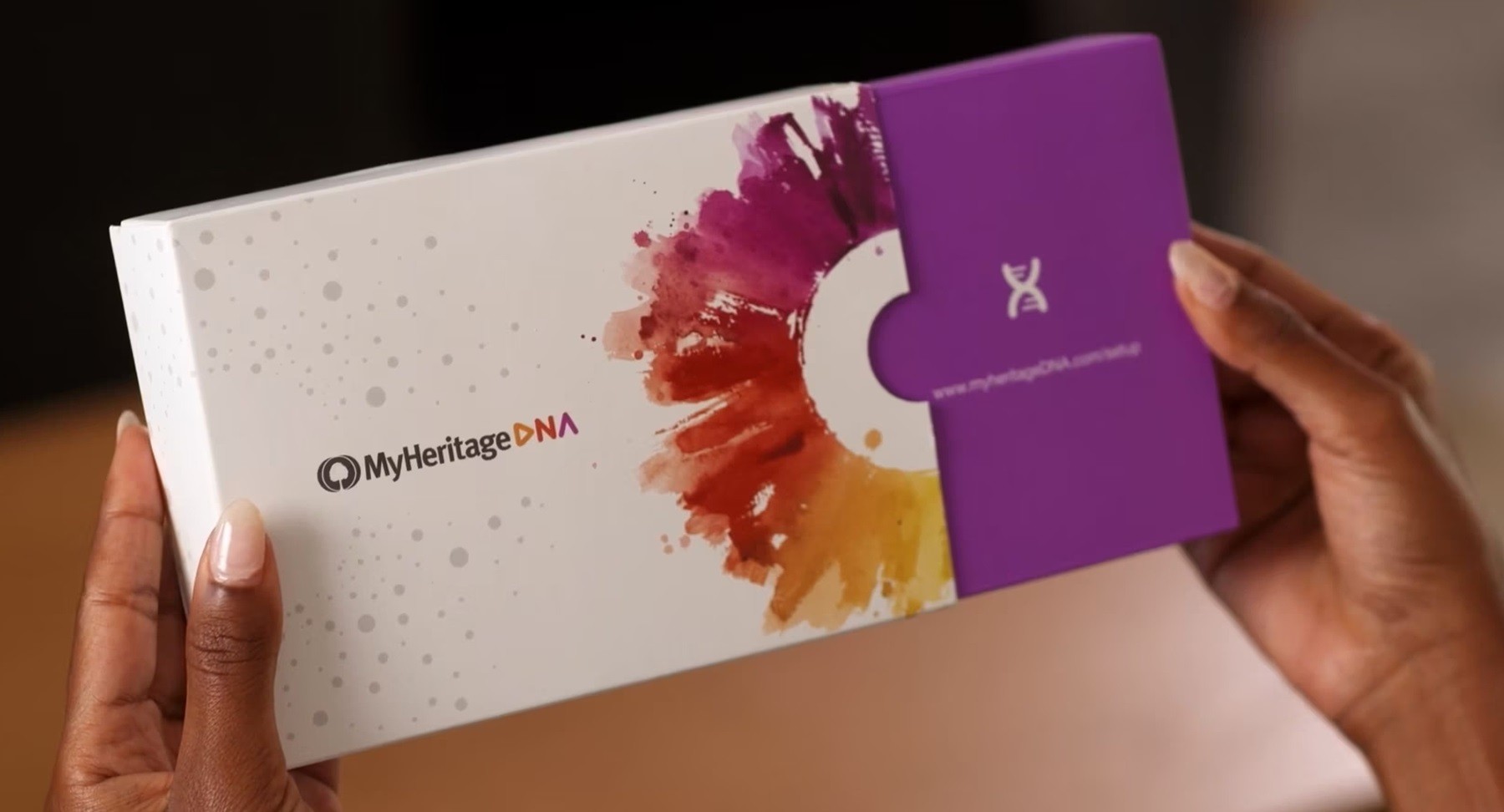
Source: MyHeritage
Ancestry: Pioneering platform for genealogy research
Ancestry got its start in the ‘80s in print media and it’s the oldest genealogy platform. Still, its most used service today is AncestryDNA, which became available in 2012.
AncestryDNA works similarly to MyHeritage — you need to collect a DNA sample and mail it to the designated lab, and you’ll discover your ethnicity makeup and DNA relatives. The test can also analyze your traits, such as athletic performance, to help you understand the effect of your genes on your well-being and lifestyle.
With its long-standing reputation, Ancestry has built the largest database of DNA and historical records available today, which remains the platform’s biggest strength.
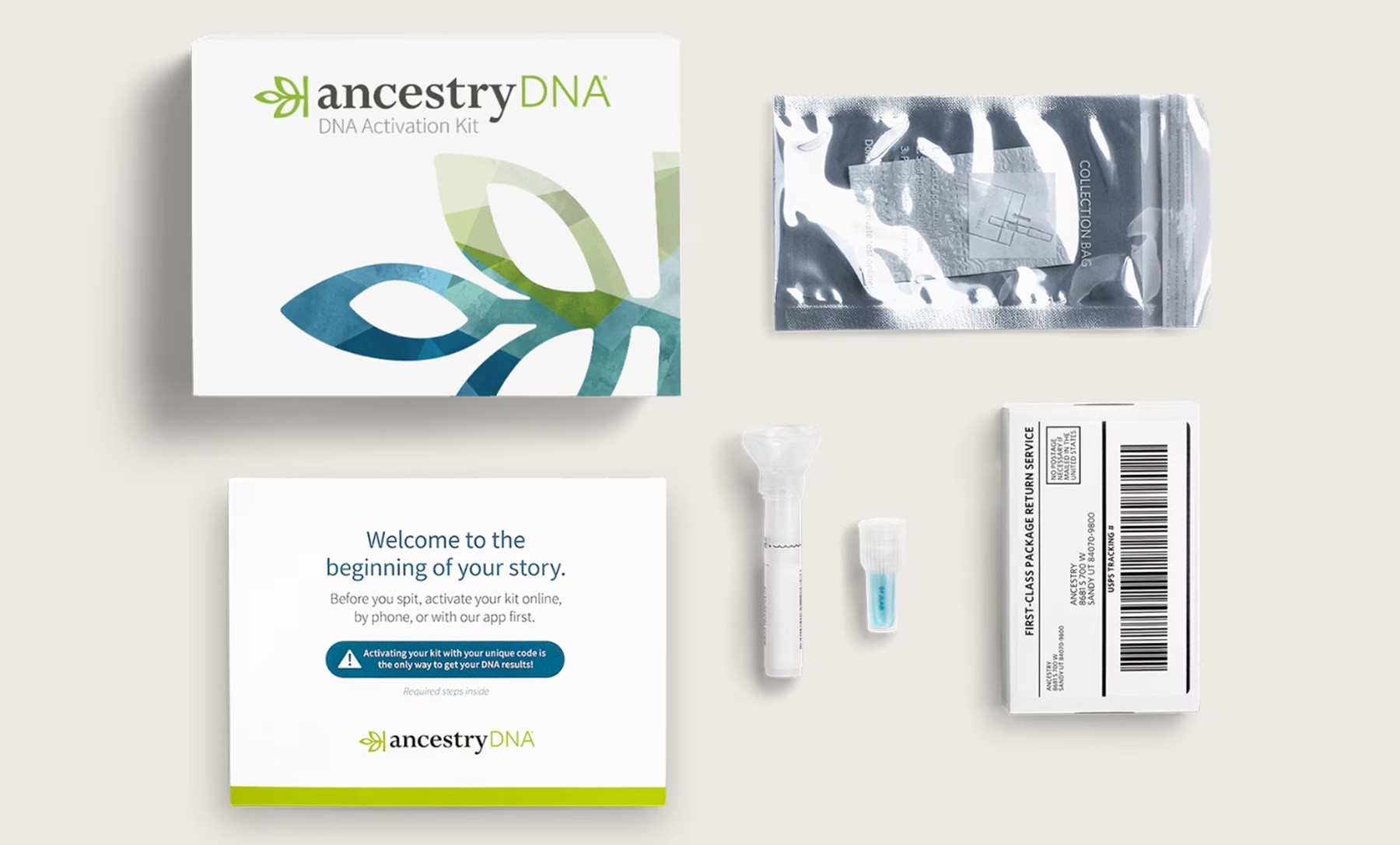
Source: Ancestry
Bonus read: Learn how Ancestry compares to 23andMe and what the top 5 Ancestry alternatives are.
How does MyHeritage compare to Ancestry.com? 8 aspects to consider
To compare MyHeritage and Ancestry.com in-depth, we’ve researched their main aspects, from the value you’ll get from their reports to their cost and how they handle and analyze your samples.
We’ve broken down the review into eight parts for your convenience:
Database size and coverage
Genealogy reports
Health insights
DNA sample collection
Compatibility with other services
Cost and pricing options
Security and privacy
User reviews
Database size and coverage
Ancestry has by far the largest database of all testing services, including MyHeritage. This refers to all types of records, including:
Since it has a larger pool of data for comparison, Ancestry can provide deeper and more precise ethnicity insights and more DNA matches than most other services available.
Still, it’s important to note that while Ancestry’s dominant market is the U.S., MyHeritage is the prevalent service in other regions — such as Europe, so it may be a more favorable option for some despite the smaller database.
With shipments to more countries and a larger non-U.S. user base, MyHeritage may provide more accurate ethnicity estimates and more matches for individuals in these regions.
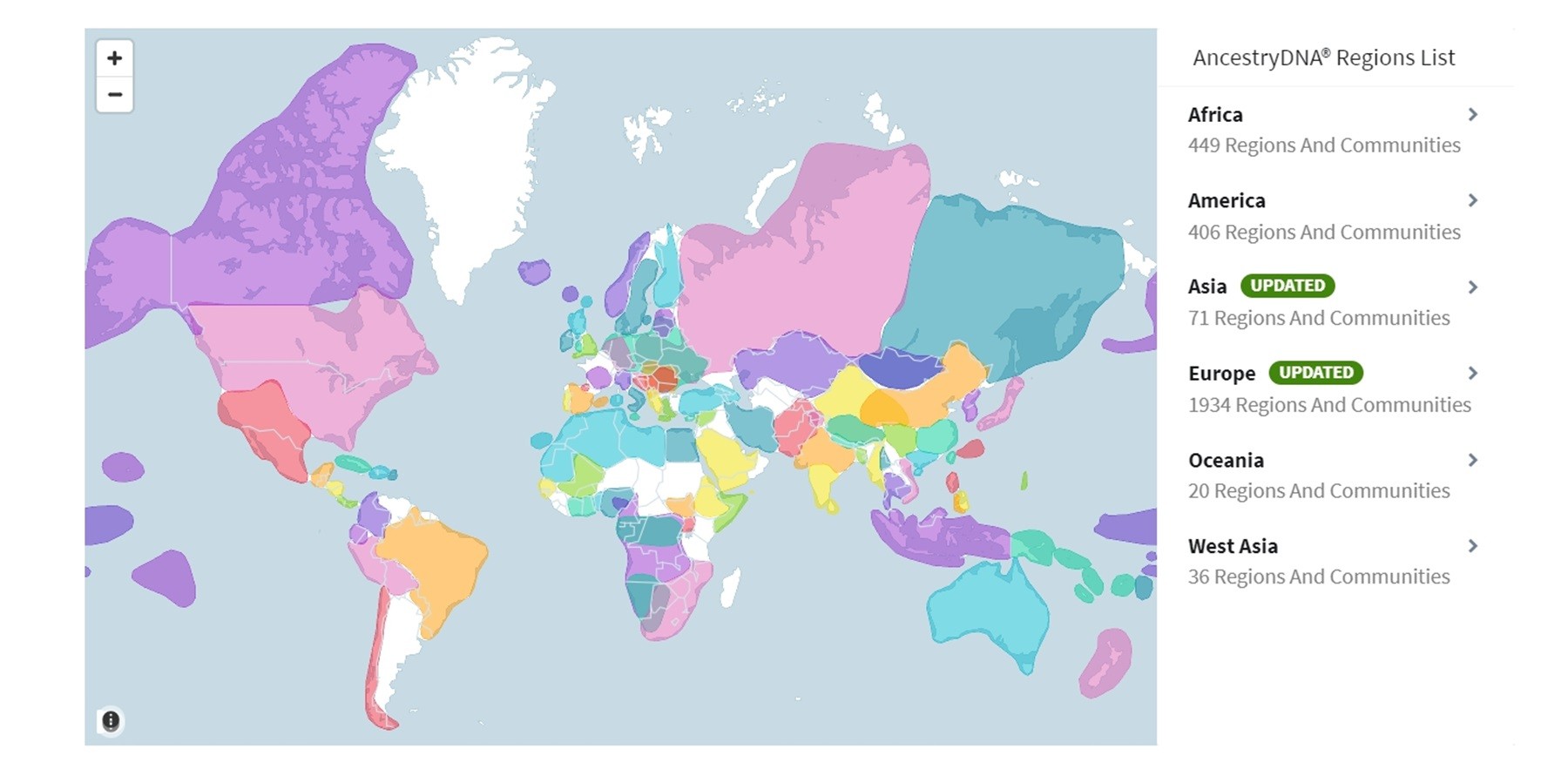
Source: Ancestry
When it comes to geographical coverage of ethnicity analysis, Ancestry is more comprehensive. While MyHeritage compares your DNA against people from 42 ethnicities and 2,114 regions, Ancestry considers 88 populations and over 2,600 regions, so it may provide more specific estimates.
Genealogy reports
No matter the platform you test with, you’ll get the following insights:
Ethnicity estimate: This is your DNA composition depicting the percentage of your ancestors descending from specific regions and groups. Both platforms let you visualize their whereabouts on a map and include historical information for context.
DNA matches: The platforms will identify individuals you share DNA with from their user databases.
Neither platform does lineage testing, so their effective estimate range is around five to six generations back, and they can’t directly trace your maternal and paternal lines. Ancestry’s SideView technology can split your DNA by parent to help you better understand your genetic inheritance, though it can’t specify which half came from which parent.
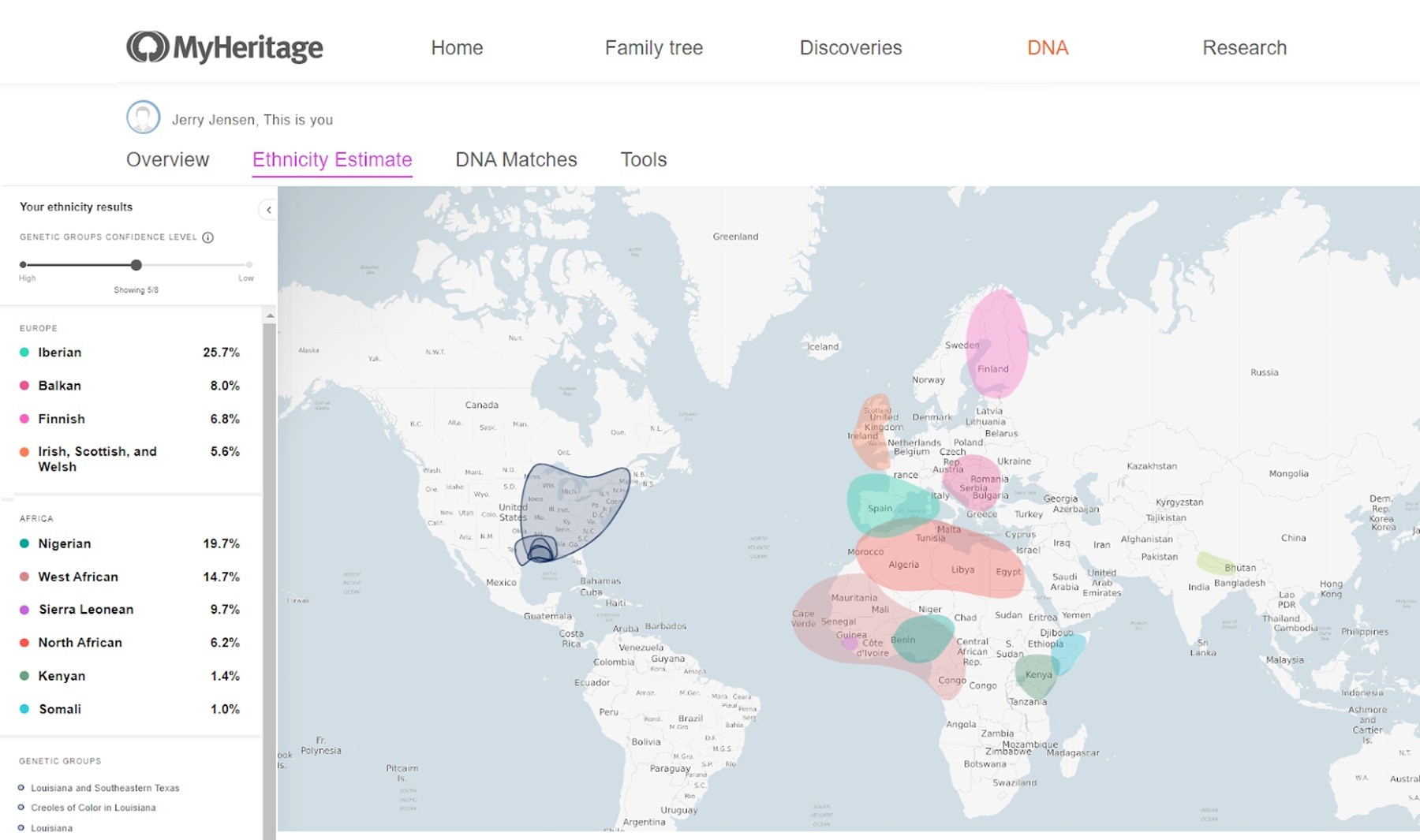
Source: MyHeritage
The accuracy of ethnicity estimates varies with both platforms, but users who’ve tried both services agree that Ancestry is generally more precise and dependable. Here’s what one Reddit user said:
Health and wellness insights
Since Ancestry discontinued its health service in 2022, its DNA test can only provide basic wellness insights through the trait reports, which analyze how your genes affect your:
Fitness
Nutrition
Appearance
Personality
With MyHeritage DNA, you can upgrade your kit to receive health reports. But note that this service is unavailable if you’re in one of the restricted locations or have undergone specific procedures like blood transfusion or had treatment like chemotherapy in the last six months.
Its health reports analyze your genetic predisposition to 27 diseases, including type 2 diabetes and breast cancer. They can also reveal if you’re a carrier for up to 13 hereditary diseases and conditions. Physicians review each report and can offer guidance if your results indicate increased risk.
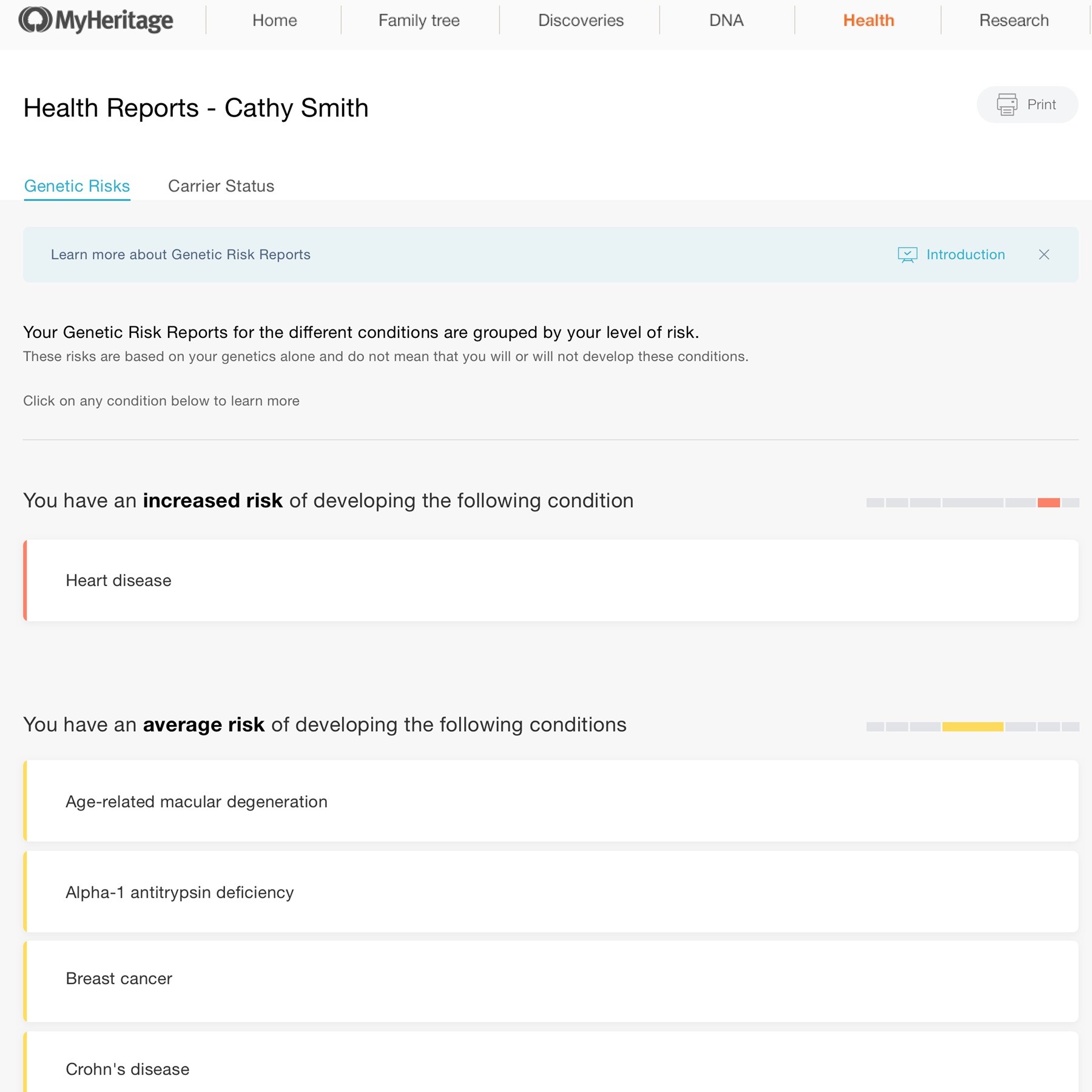
Source: MyHeritage
Still, MyHeritage’s DNA health insights are incomplete due to the limited scope of its autosomal analysis and genotyping technology, which looks at only a small section of your DNA. Because of that, MyHeritage DNA may fail to spot some genetic differences that signify you have an increased risk for a disease or a condition and provide false reassurances.
Tip: For detailed health insights that target even the rarest conditions and tailor the results based on your lifestyle factors, opt for a testing service like Nucleus Premium. It analyzes nearly all of your DNA using the latest whole-genome sequencing technology and offers physician-ordered tests with 99.9% accuracy of results.
DNA sample collection
MyHeritage DNA has a more straightforward sample collection process than AncestryDNA. With MyHeritage, you only need to rub the inside of your cheek with the provided swab and rotate it, then place the swab in the vial.
AncestryDNA requires your saliva sample, which you need to provide in a tube that comes with the kit. While this may seem straightforward at first glance, users experiencing dry mouth and similar conditions may find it difficult to produce sufficient saliva.
Whichever option you choose, avoid consuming food, drinks, and tobacco 30 minutes before collecting the sample.
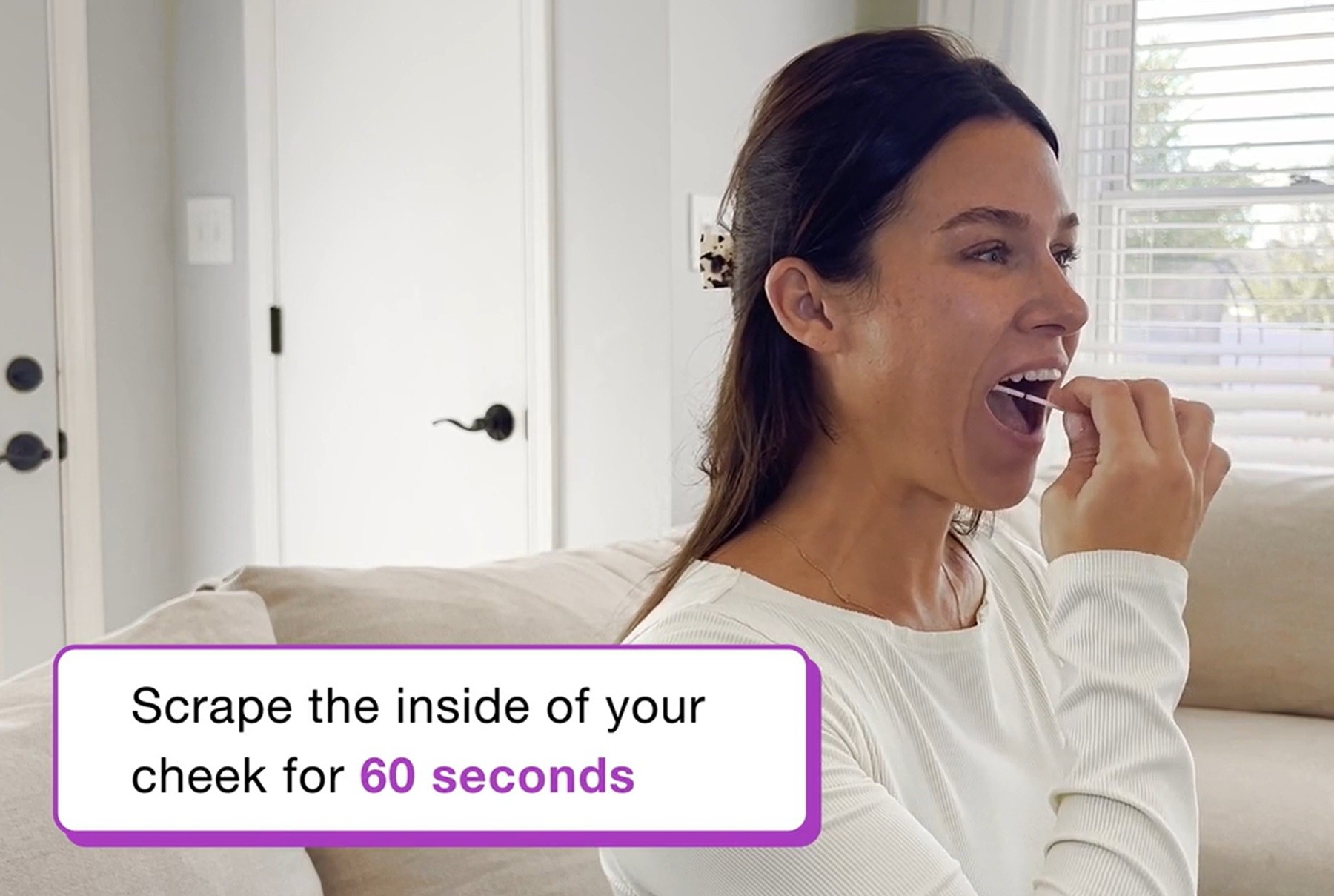
Source: MyHeritage
Compatibility with other services
While you can download your raw DNA data from both platforms, only MyHeritage lets you upload data from other services. It’s free to upload your DNA, receive DNA matches from the database, and contact them, but you’ll need to pay to access other features, such as the ethnicity estimates.
Because of this, some users take the AncestryDNA test and upload their data to MyHeritage to access additional insights, avoid buying another test, and get the most value for their money.
Bonus read: Take a look at other DNA platform reviews and comparisons:
Cost and pricing options
The two services are similarly priced — AncestryDNA costs $99 while MyHeritage DNA charges $89, excluding shipping fees. The base kit prices on both platforms include ethnicity estimates and DNA matches, but you’ll need to pay extra to access other insights and features, such as trait or health reports.
On the upside, both services offer various price packages catering to different user profiles, which can help you save up. Their most expensive plans include full feature access but will cost you a few hundred dollars.
Security and privacy
Ancestry and MyHeritage claim to abide by applicable regulations, but it’s unclear whether MyHeritage complies with HIPAA — which protects users’ health information.
The companies follow industry-standard practices to safeguard your data. They also:
Refrain from sharing data with third parties or researchers without your consent.
Give you full control over your data, including the option to delete it anytime.
Offer two-factor authentication to protect your account.
Still, both companies suffered a data breach in 2017. The one that affected MyHeritage was more severe, resulting in 92 million leaked login credentials, as opposed to 297,000 emails leaked from Ancestry.
While their security practices may not be perfect, your information should remain safe as long as you exercise caution.
User reviews
The customer reviews of MyHeritage and Ancestry are mixed, as you can see in their ratings on well-known review sites (sourced in September 2024):
Although reviews are subjective, many customers expressed that Ancestry’s test provides more precise ethnicity estimates and yields more DNA matches (at least for U.S. users). As one reviewer put it:
MyHeritage’s platform might be better in terms of usability, though. Ancestry’s recent updates have received a lot of backlash, with users listing problems such as difficulty navigating the interface, technical mishaps, disruptive pop-up ads, and notification overwhelm.
As it’s simpler and less cluttered, MyHeritage is a decent platform for record-keeping, regardless of the DNA test you take.
Final thoughts on the Ancestry vs. MyHeritage comparison
If ethnicity analysis is your priority, AncestryDNA and its vast database may provide more accurate and specific results and more relative matches. However, if you’re located outside the U.S., MyHeritage’s DNA matching may be more fruitful. With its user-friendly platform, MyHeritage may also be the better option for documenting your genealogy research.
If you’re interested in health reports — neither platform is the optimal choice. Although MyHeritage DNA offers health assessments, it analyzes only a small subset of your genome, so it may give you an incomplete overview of your genetic health risks. Because of its limited analysis, the data it provides can’t effectively inform your health decisions.
For a comprehensive analysis of your DNA and detailed health reports, go with Nucleus and its clinical-grade, physician-approved test.
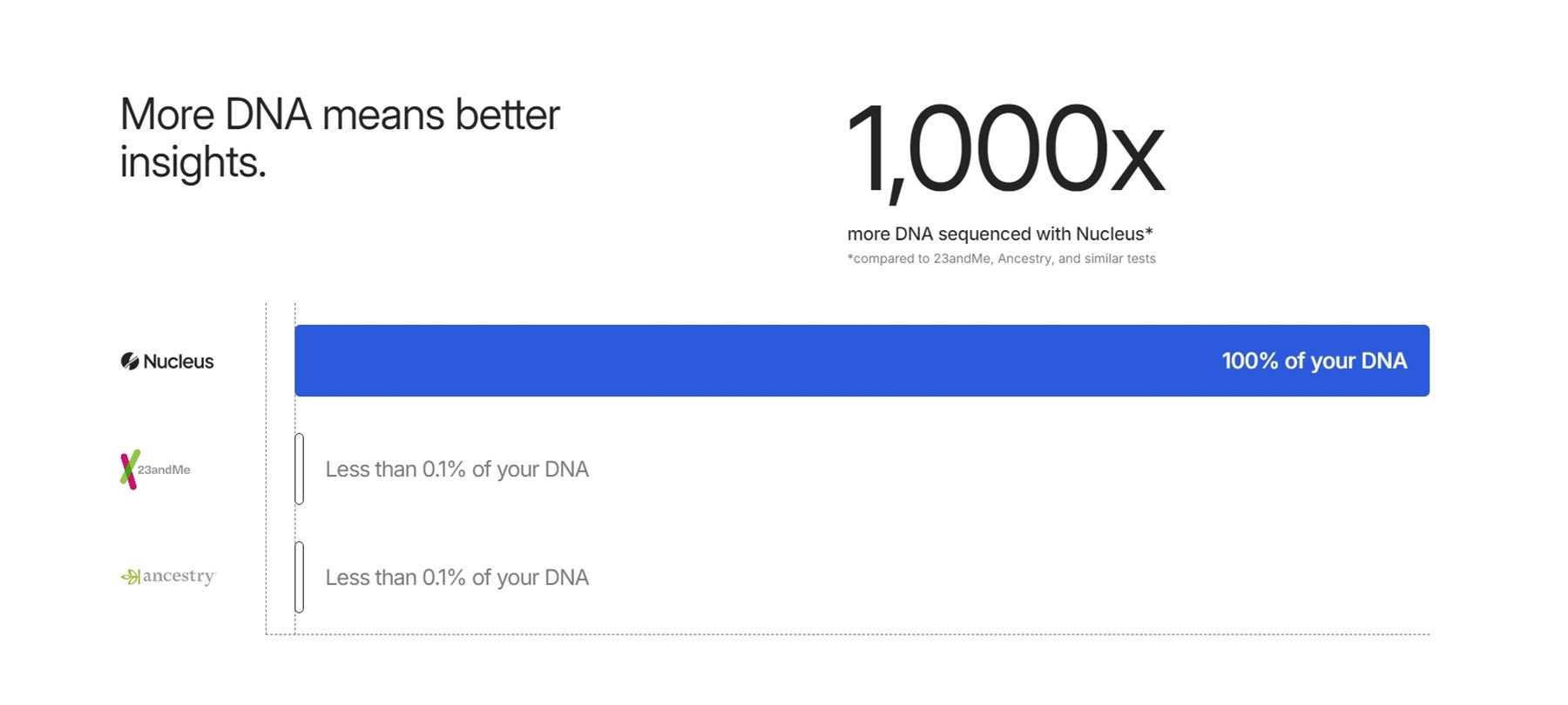
Source: Nucleus
Take ownership of your health with Nucleus
Nucleus is an all-in-one DNA platform that offers physician-approved, clinical-grade genetic health testing. It’s one of the few platforms that analyzes nearly 100% of your DNA, including rare variants or differences in your genome, and considers non-genetic factors like your lifestyle habits. Its cutting-edge technology and thorough approach provide accurate and personalized insights.
Nucleus’ at-home whole-genome test, Nucleus Premium, offers genetic screening for 170 diseases and mental conditions, including rare cancers, Alzheimer’s, and schizophrenia. Nucleus can also analyze your:
Carrier status for conditions that may run in your family
Genes’ effect on personal traits
Through its collaboration with SteadyMD, Nucleus can also provide you with genetic counseling services if you need expert guidance regarding your results. Equipped with all this information, you can take on a more active role in shaping your life trajectory.
Nucleus is fully regulated and partners with U.S. labs that are CLIA-certified and CAP-accredited, which means they follow stringent standards for quality and accuracy. As a HIPAA-compliant company, Nucleus is dedicated to protecting your sensitive data.
How Nucleus Premium works
While whole-genome tests tend to cost thousands of dollars, Nucleus Premium is only [PRICE.KIT_SOLO.ONE]. This price encompasses all available health reports and new reports in line with the latest genetic research, additional analyses, and lifestyle changes.
Although more comprehensive, Nucleus Premium is as easy to use as consumer-grade tests like AncestryDNA. To complete it, you only need to swab your cheeks and ship the samples to the lab. Once the lab receives your sample, your results will be ready within six to eight weeks.
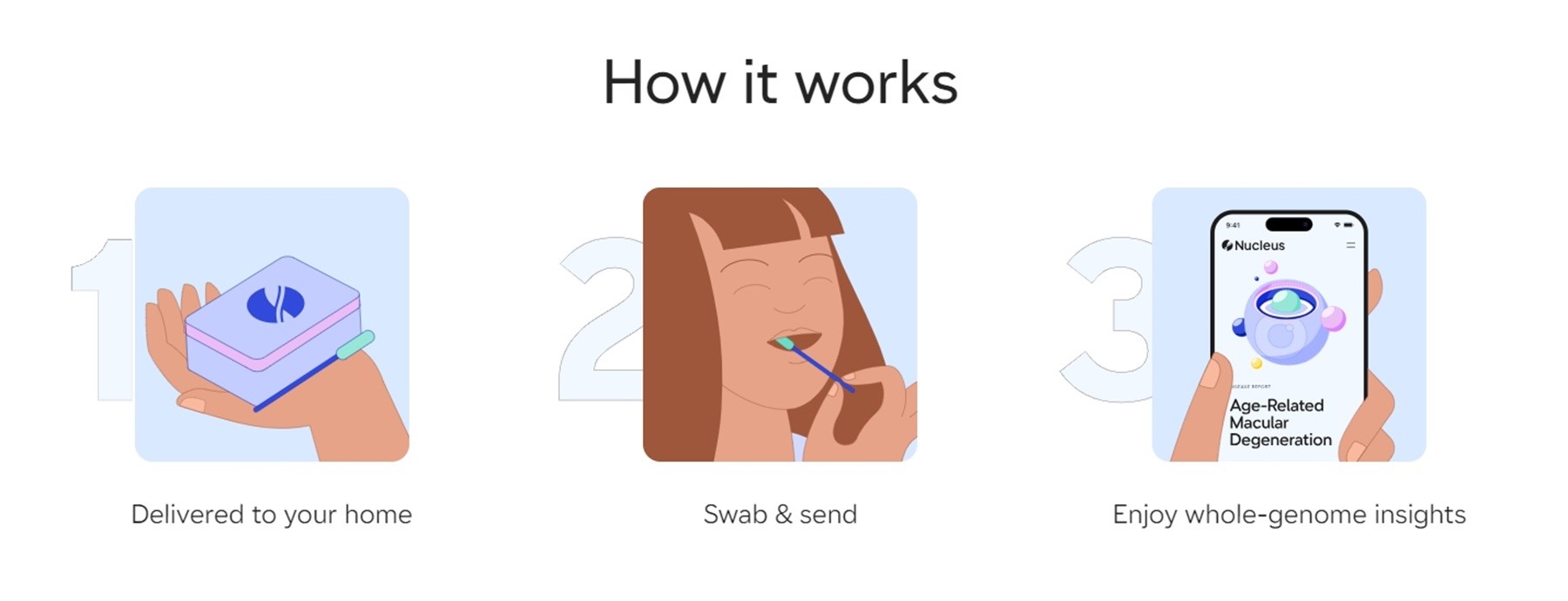
Source: Nucleus
Invest in your future with Nucleus
To get started with Nucleus Premium, you only need to:
Provide your personal information
Order the kit
Order Nucleus Premium today and invest in a healthier tomorrow.
You may also like…
We’ve examined and reviewed many other DNA testing services:
Featured image source: geralt












